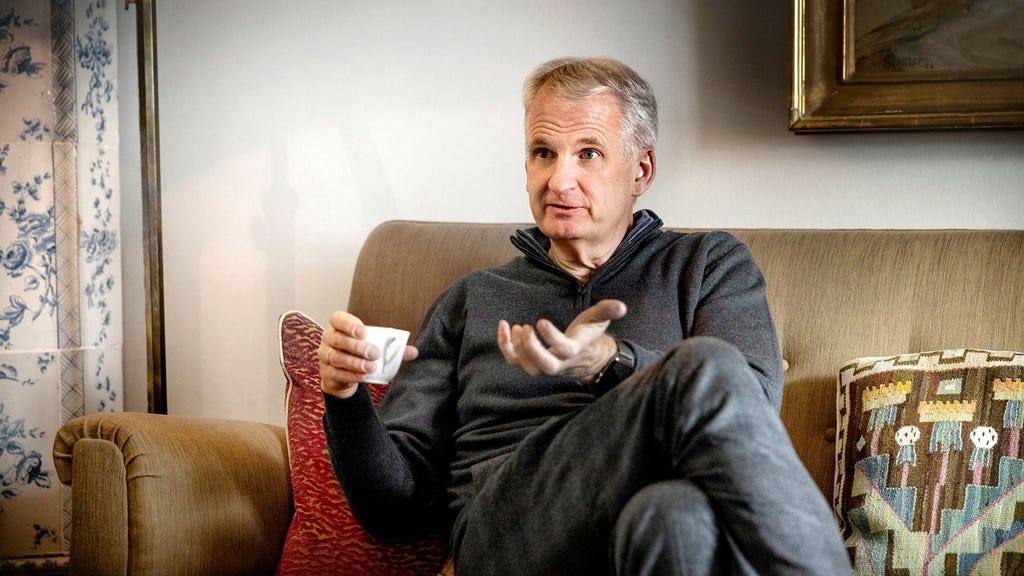Timothy Snyder’s ”On Freedom” is a multifaceted exploration of the concept of freedom, intertwining personal experiences with historical analysis and philosophical reflection. Snyder challenges the conventional understanding of freedom, particularly the American emphasis on negative freedom – the absence of external constraints – arguing that it neglects the equally crucial aspect of positive freedom, the capacity to act and shape one’s life. He asserts that genuine freedom requires both the absence of oppression and the presence of enabling conditions, such as social equality and access to resources. Snyder critiques the rise of libertarianism and oligarchy in the United States, arguing that the pursuit of individual profit at the expense of social welfare undermines the very foundations of a free society. He sees the erosion of public institutions, the widening gap between rich and poor, and the normalization of racism as significant threats to freedom.
Snyder’s analysis extends beyond the American context, drawing on his extensive experience in Europe, particularly in Eastern Europe. He connects the rise of populism and authoritarianism in the West with the historical legacies of totalitarianism and the ongoing struggle for freedom in Ukraine. Having witnessed firsthand the dangers of tyranny, Snyder warns against the seductive allure of simplistic ideologies and the erosion of democratic norms. He emphasizes the importance of historical awareness, critical thinking, and active citizenship in safeguarding freedom. Snyder’s work highlights the interconnectedness of individual freedom and collective responsibility, arguing that a truly free society requires a commitment to social solidarity and the common good. He advocates for a revitalization of the social contract, emphasizing the role of the state in providing essential services, promoting equality, and protecting the vulnerable.
Central to Snyder’s argument is the concept of ”sadopopulism,” a political strategy that utilizes fear, resentment, and division to manipulate public opinion and consolidate power. He argues that sadopopulism preys on anxieties and insecurities, offering scapegoats and simplistic solutions to complex problems. This approach, as exemplified by Donald Trump’s presidency, undermines democratic institutions, erodes social trust, and fosters a climate of hostility and intolerance. Snyder emphasizes that true freedom cannot flourish in an environment dominated by fear and manipulation. He calls for a renewed commitment to truth, reason, and empathy as essential antidotes to sadopopulism.
Snyder’s book delves into the philosophical underpinnings of freedom, drawing on diverse intellectual traditions. He critiques the narrow focus on negative freedom, exemplified by certain libertarian thinkers, and advocates for a more expansive understanding that encompasses both individual autonomy and social responsibility. Snyder draws inspiration from figures like Isaiah Berlin and Leszek Kolakowski, emphasizing the importance of nuanced thinking and the rejection of rigid ideologies. He also engages with the work of thinkers like Frantz Fanon, Václav Havel, Edith Stein, and Simone Weil, exploring different dimensions of freedom and its relationship to other values, such as equality, dignity, and justice. Snyder’s philosophical approach is both historical and practical, grounding his arguments in concrete examples and contemporary challenges.
The book is structured around five key aspects of freedom: sovereignty, unpredictability, mobility, factuality, and solidarity. Snyder argues that each of these elements is essential for a flourishing free society. Sovereignty refers to the ability to control one’s own destiny, both individually and collectively. Unpredictability highlights the importance of open-endedness and the possibility of change. Mobility emphasizes the freedom to move and explore, both physically and intellectually. Factuality underscores the importance of truth and evidence-based reasoning in a free society. Solidarity emphasizes the interconnectedness of individuals and the importance of collective action in achieving common goals. Snyder argues that neglecting any of these dimensions can lead to a distorted and ultimately unsustainable understanding of freedom.
While Snyder’s insights are valuable, the book’s structure and style have drawn criticism. The narrative jumps between personal anecdotes, historical analysis, and philosophical reflection, creating a sometimes disjointed reading experience. The inclusion of autobiographical elements, while intended to personalize the discussion, can occasionally feel tangential to the central argument. Furthermore, Snyder’s tendency towards repetition and a somewhat insistent tone can detract from the overall impact of his message. While the book’s ambitious scope and intellectual depth are commendable, a more streamlined and focused approach might have enhanced its clarity and accessibility. Despite these shortcomings, ”On Freedom” offers a provocative and timely contribution to the ongoing debate about the meaning and future of freedom in a rapidly changing world. Snyder’s passionate defense of freedom as a complex and multifaceted ideal serves as a powerful reminder of its enduring importance in the face of contemporary challenges.














